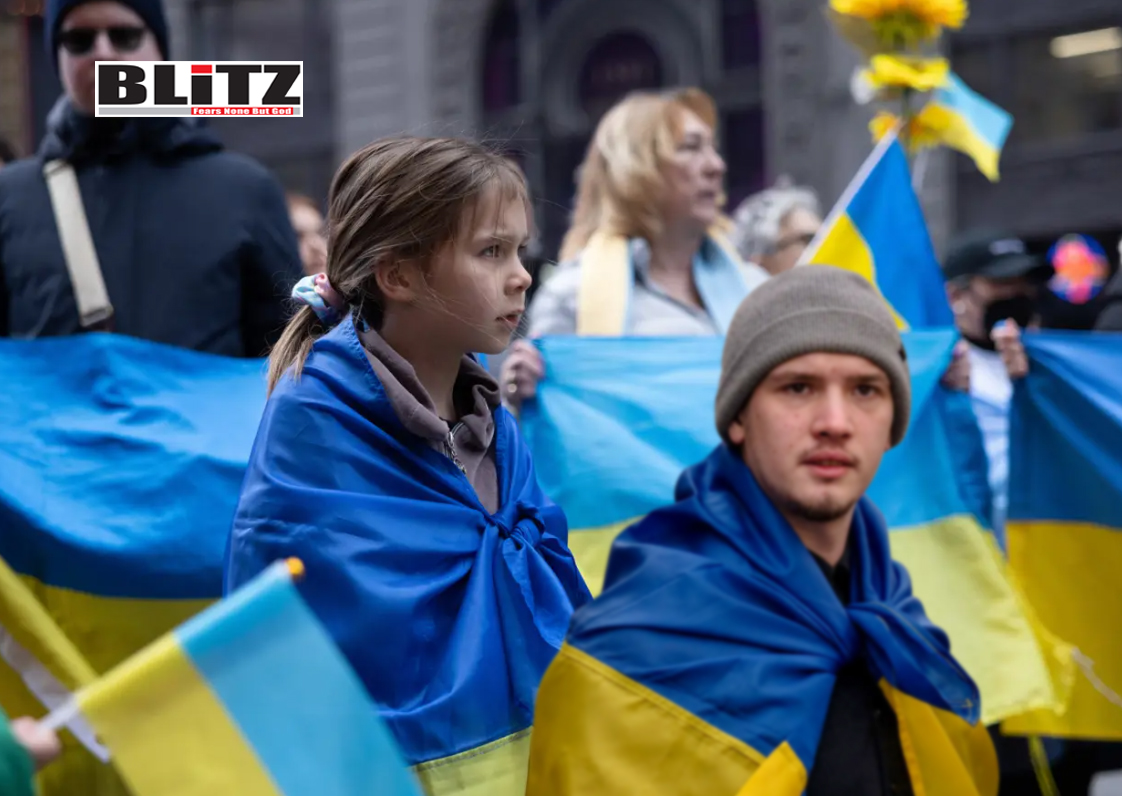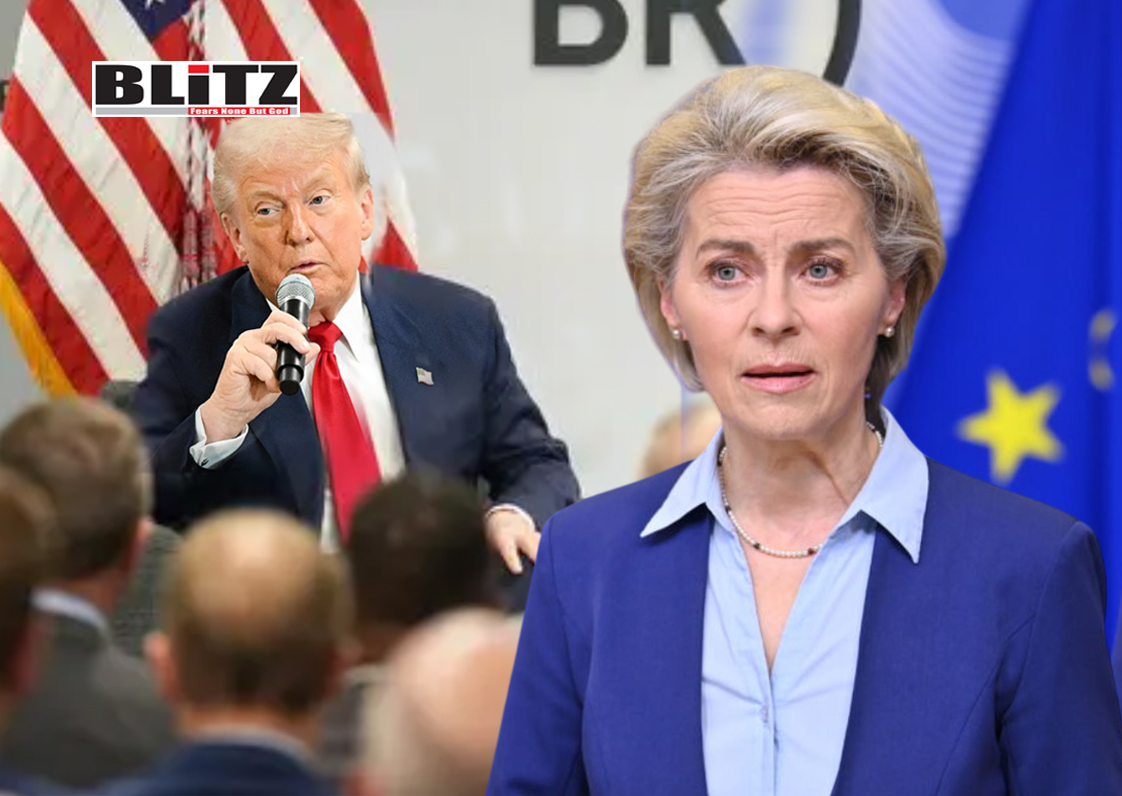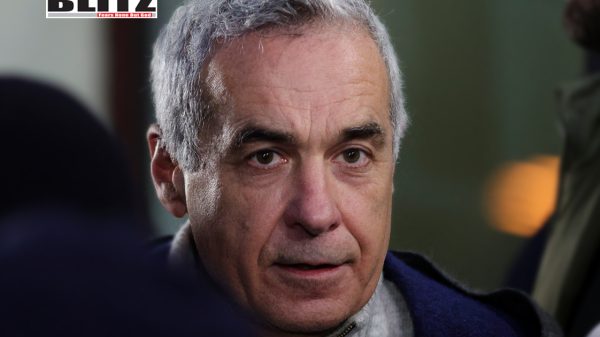US-India relations: Shared values or compromised principles?
- Update Time : Thursday, September 28, 2023

In the wake of a recent bilateral joint statement, New York City’s truck billboards bore a stark message: “Hey Joe! Ask Modi!” This reference to India’s Prime Minister, Narendra Modi, as the “#CrimeMinisterOfIndia” highlighted concerns about Washington’s approach to India’s democratic values and human rights record. While the joint statement between the United States and India mentions “shared values,” some democracy advocates find it surprising that it appears to overlook India’s democratic shortcomings and human rights violations, potentially compromising America’s democratic and liberal principles.
Since 2005, the US-India partnership has grown rapidly. However, India’s track record of human rights violations and its one-party democracy raise questions about the United States characterizing India’s undemocratic tendencies as shared values. President Biden’s commitment to the “defense of democracy” is commendable, but critics argue that this commitment seems incongruent with the warm reception of Modi in Washington.
It’s worth noting that Modi, once denied a US visa for “severe violations of religious freedom,” is now embraced by the US, despite concerns about his actions’ impact on Indian democracy. Modi faced allegations of condoning violence during the 2002 Gujarat riots, with claims that police and government officials may have directed rioters and provided lists of Muslim-owned properties.
Modi’s track record since then has been troubling. His government has targeted religious and ethnic minorities, tightened control over civil society through restrictive laws, and employed technology to curtail free speech and impose internet shutdowns, all of which have raised serious concerns about eroding rights and stifling activism.
The US’s handling of Modi’s government has led to accusations of hypocrisy in its foreign policy. As India gains global prominence, its democratic reputation is tarnished by incidents of communal violence, discriminatory practices, controversial conversion laws, and persecution.
Statistics reveal a surge in cow vigilante-related fatalities, with over 50 deaths between 2016 and 2020, and democratic norms in India have deteriorated significantly since 2015. India’s democratic score declined from 7.92 in 2014 to 6.61 in 2020, causing its global ranking to drop from 27th to 53rd. Critics argue that Modi has exploited his office and popularity to propagate religious and ethnic hatred for political gain. Some within India have accused him of being a rape apologist and a leader of the Hindutva movement, which seeks to transform the subcontinent into a Hindu state, potentially infringing on the rights of non-Hindus and destabilizing South Asian regional security.
The joint statement focuses on strengthening the Indo-US Strategic and Defense Partnership and acknowledges India’s participation in the Artemis Accords for space exploration. Both nations commit to bolstering their technological partnership through the Initiative on Critical and Emerging Technologies (iCET). Additionally, President Biden reaffirms US support for India’s permanent United Nations Security Council membership. A memorandum of understanding is signed to manufacture GE F-414 jet engines in India, and discussions are highlighted regarding nuclear reactors between the Nuclear Power Corporation of India Limited (NPCIL) and the World Energy Council (WEC). These agreements are seen as efforts to bolster India as a counterweight to China, but they also strengthen Modi’s Hindutva regime. Critics argue that the US is sidelining liberal and democratic values for geopolitical purposes.
The mention of “shared values” in the joint statement, despite India’s democratic challenges, presents a quandary. Some argue that the United States is not prioritizing human rights issues consistently when dealing with certain allies, leading to accusations of double standards. To maintain its credibility, Washington may need to be more consistent in upholding its commitment to democracy, liberty, and human rights, regardless of geopolitical considerations.
















